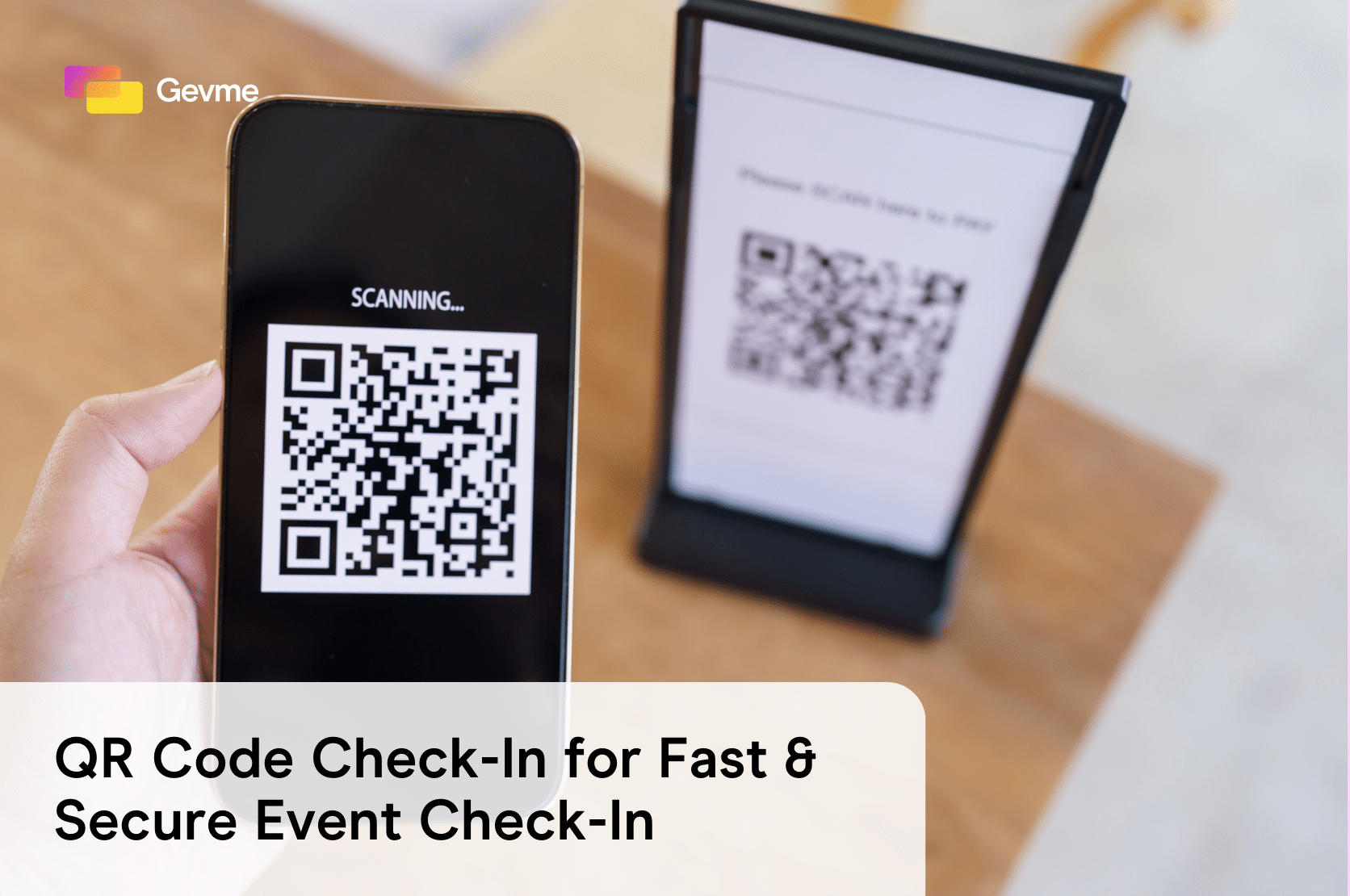Event planning and event administration definition is about thousands of small processes running smoothly to enable the event to be efficient. To manage the key aspects of an event like registration, budgeting, and agenda planning, one should control the administrative processes.
What is an administrative process?
Administrative processes represent the sets of rules and procedures that are meant to establish operational efficiency, consistency, and accountability. In the context of event planning, administrative processes relate to the development and tracking of event information.
About events administrator functions
Traditionally, an events administrator or a conference and events administrator is responsible for all the event correspondence being sent to the customers who have booked functions. Administrators will have to hone their skills in sales and event marketing. The key administrative functions will be processing conferences and events bookings.
Paper-based vs electronic administration
Lately, more and more administrators prefer electronic administration via event technology systems to improve this process. This comes as no surprise, as the 21st century provides countless opportunities to improve administrative tasks and simplify the workflow via useful apps and mobile devices. Paperwork remains in more conservative business relations and corporate administration reposting.
Administrative responsibilities of the events team
Administrative responsibilities of the events team and their administrative procedures are not limited but are usually narrowed to typical and quite familiar duties. Here is a quick list of them:
- Management of office/onsite equipment
- Organising, arranging, and coordinating meetings
- Handling external or internal communication
- Handling event management systems
- Managing clerical or other administrative staff
- Paper-based administration
- Maintaining a clean and enjoyable working environment and HR department
The administrative process has many benefits for event organisation and understanding this is critical to the team’s success.
Understanding the benefits of administrative processes for an event
The accomplishment of administrative processes at events is the best way to keep control of the operational efficiency and attendance experiences. Here is what you can achieve with the effective, sustained administrative processes in event management:
- Analyze, process, and customize attendees’ data.
- Calculate costs and execute smart budgeting.
- Determine the benefits of event attendance and participation.
- Capture the attendees’ data through registration.
- Maintain operational processes during the event.
- Track engagement and customize the session agenda for the following event stages.
- Create and customize the onsite check-in processes.
- Use reporting to respond quickly to any problematic issues.
- Govern vendor selection, logistics, and catering management.
The essential administrative processes at events
Event administrative processes embrace a wide range of tracking operations that focus on the control of activities completed before, during, and after events. Check out the major segments of administrative processes that you, as an event manager, have to keep track of:
- Registration and ticketing. Online event registration pages with an integrated ticketing module have become handy tools for enabling accessibility to an event. Tracking data gained at the initial stage of registration is one of the core elements of the administrative process. By collecting the contact information of registrants like a phone number, email address, job title, and preferences, you have the resources for building a long-term communication strategy with the target audience. To get the most out of registration tracking management, select automated tools allowing custom data collection.
- Budgeting. The maintenance of smart budgeting is a major administrative challenge. To enable the most efficient event experiences you have to learn the core aspects of cost evaluation:
- Outline the expenses, including operational cost, fees, and the use of paid tools;
- Build the basic budget with some backup included;
- Trim the final budget based on consideration of ongoing expenses and client’s expectations;
- Explore marketing tools that can help optimize a budgeting strategy and generate better results at a lower cost.
- View the full picture by analyzing the expenses at several events and learn how to optimize your budgets in the future.
- Agenda planning. Planning the agenda for an event is the administrative process responsible for building engagement. Based on goals and the event theme, develop a perspective for speeches, a program schedule, and entertainment processes. There are two administrative processes connected with agenda planning:
- Reflect the agenda on an event website to attract an audience. It is a great strategy to use automated platforms that allow an interactive speaker listing and offer some good templates for agenda presentation.
- Track interaction. If you’re able to monitor how the attendees interact with the event in real time, you get a full response to the agenda’s efficiency.
- Operational efficiency. The operational side of the administrative processes at events embraces a large number of issues. Two core elements of operational efficiency that you have to include are SMART technology and functionality.
If you can establish a balance between the convenient use of operational tools and high-tech innovations like parking management and one-access cards, you have nothing to be afraid of!
- Check-in rates. A smooth check-in experience is gold at events of any size. To optimize the quality of onsite check-in, it’s crucial to monitor the flows of attendees, the preferred check-in choices, and the possible issues that event guests might face at the registration counters.
- Success-oriented accountability. Analytics and reporting are essential to the final stage of event administration. Ensuring effective event accountability is beneficial in terms of building bridges between events, extracting reports for presentations, and capturing detailed data on the event performance.
Improving administrative processes for events
From small roundtable meetings to large-scale conferences, every event requires effective administration. However, dealing with hundreds of tracking processes at the same time is daunting, especially if a large team is taking charge of the tasks. To save cost and labor on administrative processes, you can leverage automated event management solutions. Here are two key features that you’ll need to have on your event management platform:
Integration
Switching from one tool to another is a waste of time. Therefore, we recommend using platforms that have integrated modules for registration management, check-in and analytics tracking.
Real-time tracking mode
Many of the administrative processes take place onsite which means you have to leverage tools that allow real-time monitoring.
Automatisation
This is a good way to improve administrative processes. IT automation using event software provides serious benefits to administrators of bulk event series or large-scale events with complex programs. If the administrator automates a complex sequence of events and misses a key component, the system notifies him/her, avoids possible mistakes, and improves administration procedures for events.
Standardisation
This is also highly important. The way you administer your events should be compatible and integrated with many other processes. We extract data using a standardised form and discuss disagreements until we reach a perfect consensus using a systematic approach.
Innovations and adapting to new processes
Don’t forget about your event innovations and trends. If you run an innovative business, your corporate events should be aligned with that. Providing new approaches and showcasing new products or ideas is an effective way to create your own events and demonstrate effective administration. In real time, adjust how you deliver a great experience to organise large events, making your services easy and advantageous to use.
Conclusion
Having the tools for administrative management at your fingertips is a great asset when it comes to event planning. If you want to capitalize on your administrative process management efforts, get started with Gevme and experience the top-notch operational integration in one tool.








